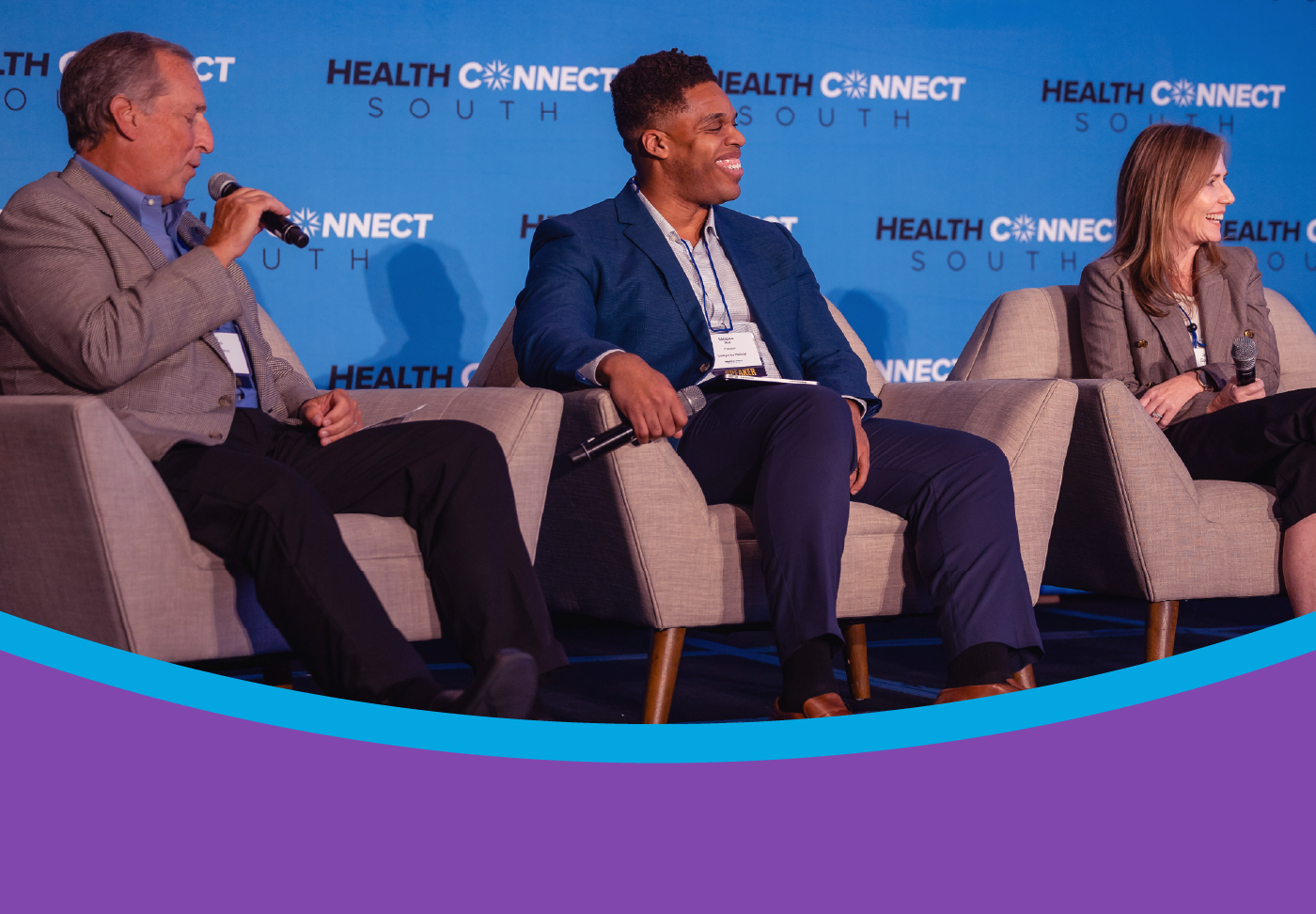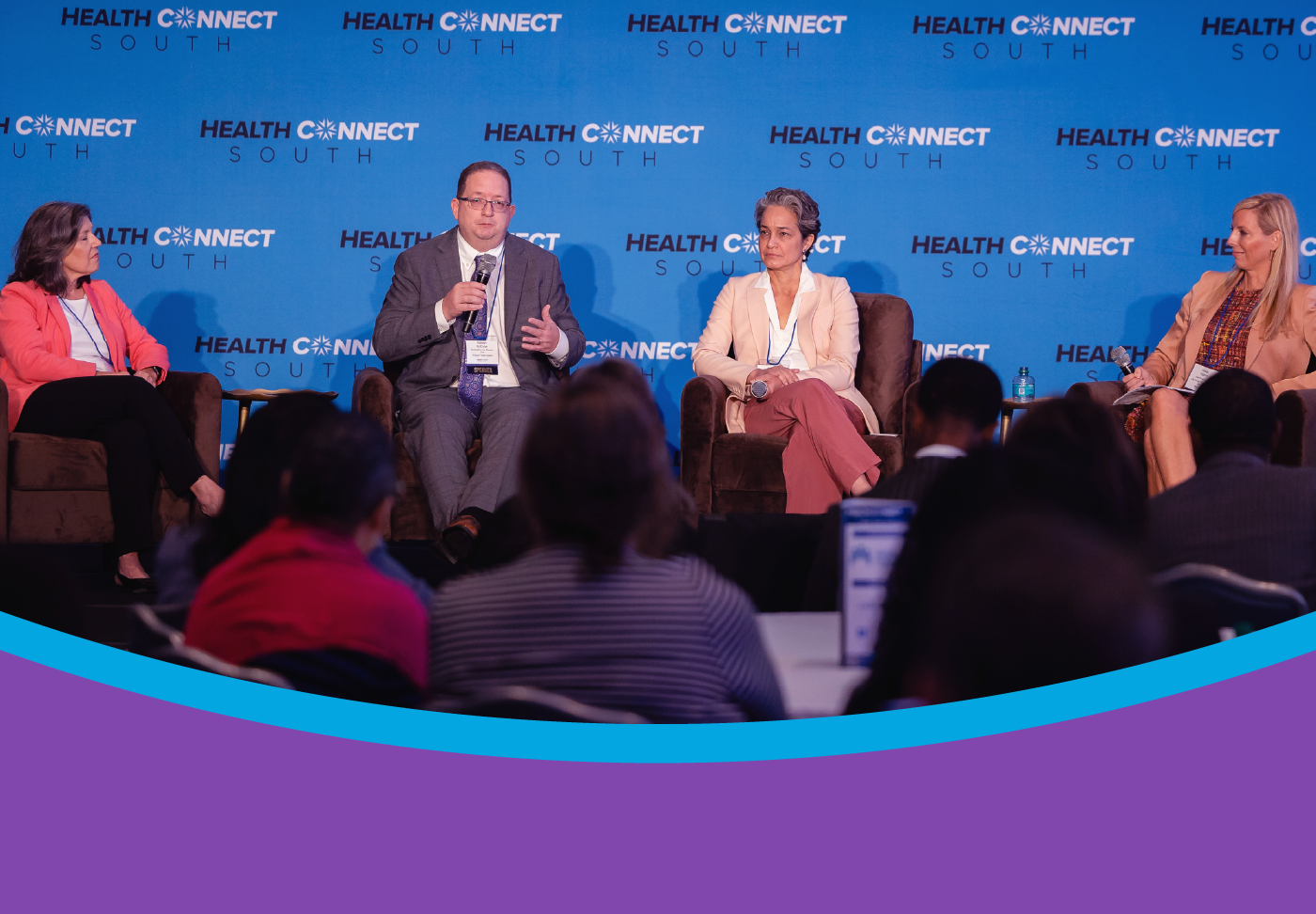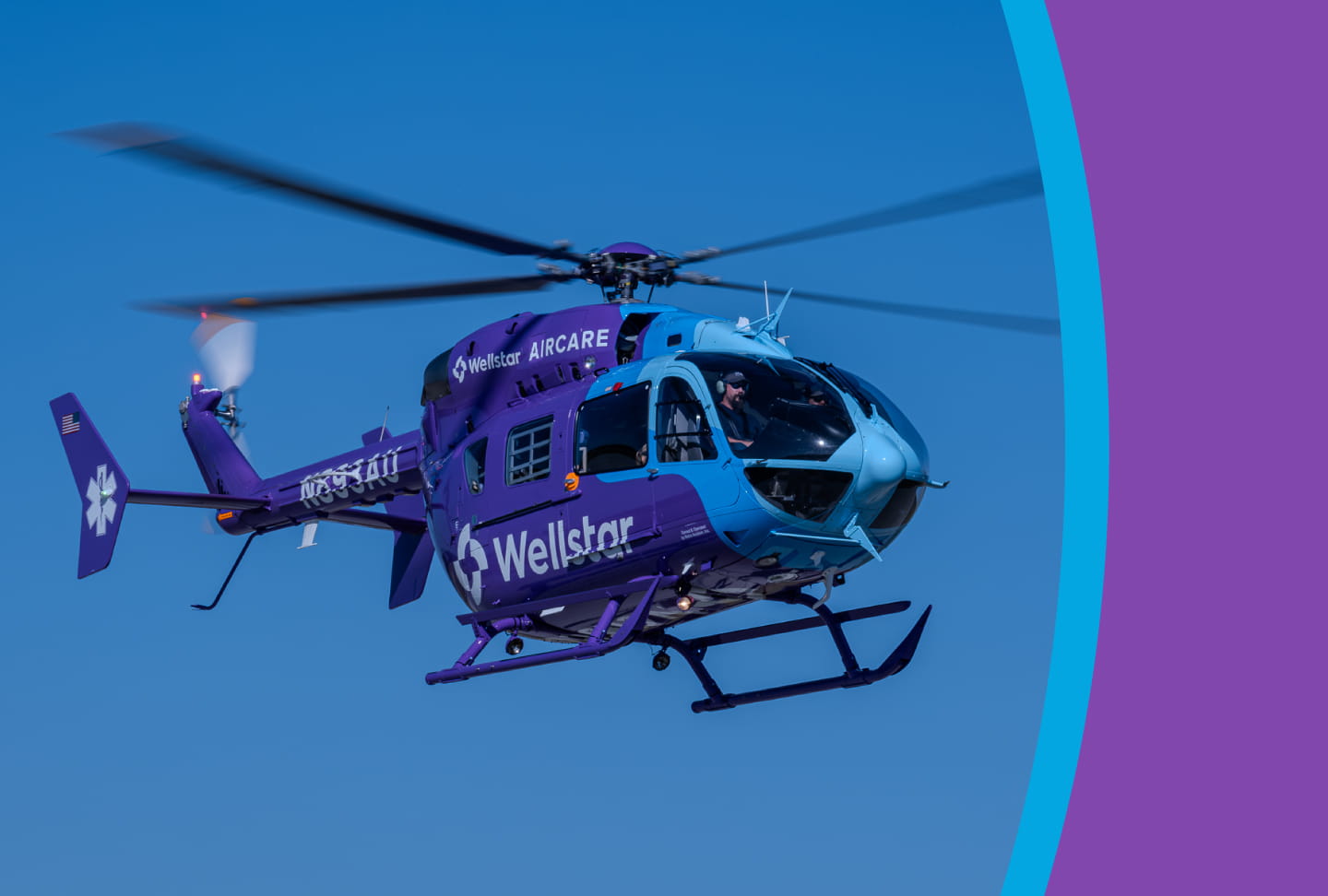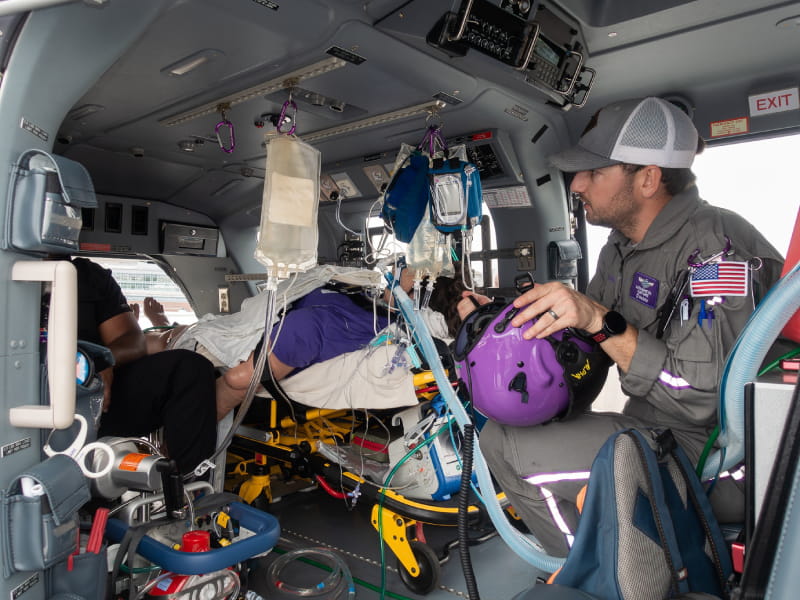The system continues to build on its legacy and commitment to serving communities by actively listening to best understand and respond to what consumers want, need, and expect from their healthcare provider.
“As a leader in healthcare, we must take action to meet the evolving needs of people and communities. Health equity connects to everything we do, and recognizing hardships, disparities, and inequities is just the first step,” said Candice L. Saunders, president and CEO of Wellstar Health System. “Through strategic partnerships and programs, Wellstar is committed to supporting people and communities to make a tangible and lasting difference, enhancing the health and well-being of everyone we serve.”
Wellstar Center for Health Equity addresses community needs at a grassroots level
The Wellstar Center for Health Equity (WCHE) – an extension of Wellstar’s long history of community engagement and allyship to provide people-centric care – was formed to drive lasting change at a grassroots level. The six areas of focus were informed by Wellstar’s triennial Community Health Needs Assessment (CHNA) of 2019: Primary Care, Behavioral Health, Food Insecurity, Suicide, Cancer, Women’s Health.
Each of these strategic domains connects to Wellstar medical service lines to bring to bear the deep expertise and broad bench of resources needed to identify pertinent needs, relevant partnerships, and viable programs.
To create meaningful impact, Wellstar has forged strategic partnerships with government agencies, businesses, philanthropies, non-profit organizations, academia, and citizens. Examples of how WCHE has activated resources in the community include:
Walk-up, pop-up family COVID-19 testing: With the support of community partners, Wellstar conducts free walk-up, pop-up family testing at churches and school lunch pick-up sites and distributes safety kits in English and Spanish. To-date, WCHE has orchestrated 29 pop-up testing sites, administered over 3,000 COVID tests, and distributed more than 51,000 wellness kits with culturally and linguistically appropriate safety information.
Reaching faith-based congregants with vital information and vaccines: WCHE is hosting a series of community town halls to debunk myths about COVID-19 and vaccines in partnership with the Wellstar Congregational Health Network. In April, WCHE hosted a Hispanic town hall to address community questions and launched a series of equity-centric and language-proficient vaccination clinics for congregants at faith-based organizations.
Providing nutritious meals to food-insecure communities: In partnership with Goodr, an organization that provides food resources for people in need, and funded in part by Wellstar Foundation donations, the WCHE “Mobile Market” hosts “pop-up” farmers’ markets in seven communities, feeding over 700 families monthly.
Enabling technology-driven community health transformation: WCHE launched a year-long initiative to enhance access to medical care via technology with leading community partners. Supported by contributions to the Wellstar Foundation, the “Community Health Transformation” program enables the following community organizations to reach, engage, and support at-risk individuals with measurable results: Bethesda Community Clinic; Empowerment Resource Center; Healthy Mothers, Healthy Babies Coalition of Georgia; Good Samaritan Health Center of Cobb; and MUST Ministries.
Anchoring vulnerable patients with vital healthcare resources: When the Centers for Disease Control and Prevention (CDC) reported that 80% of COVID-19 patients in eight Georgia areas were Black people, WCHE developed “Anchoring Vulnerable Patients,” a project in Clayton County to assess and address the medical and social needs of Black patients with co-morbidities that put them at risk for contracting COVID-19.





